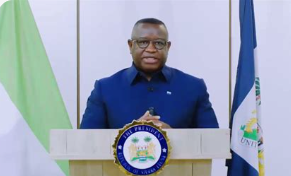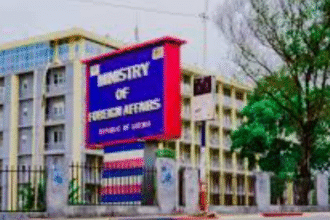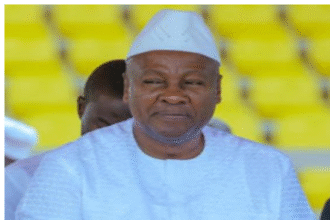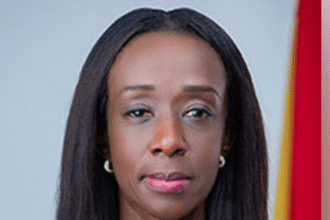By Amadou Keita
Freetown, Sierra Leone – With President Julius Maada Bio confirming that the next Presidential, Parliamentary, and Local Council Elections will be held in 2028, political maneuvering has already begun within the Sierra Leone People’s Party (SLPP). A faction of the ruling party is reportedly advocating for the current Vice President, Dr. Mohamed Juldeh Jalloh, to succeed President Bio at the end of his final term.
While a significant portion of SLPP members are said to be considering alternative candidates, the supporters of Dr. Jalloh highlight his extensive experience and proven track record as key assets for the party and the nation.
“Dr. Jalloh brings over fifteen years of substantial experience to the table,” a source within the pro-Jalloh faction stated. “His distinguished service in both national and international institutions, organizations, and countries makes him a strong contender.”
Dr. Jalloh’s supporters emphasize his international reputation as a specialist in public policy analysis, governance, development, and security issues. His career has seen him hold leadership, managerial, and research positions in prestigious organizations such as the United Nations, the International Crisis Group, the University of Bordeaux, and the Campaign for Good Governance in Sierra Leone.
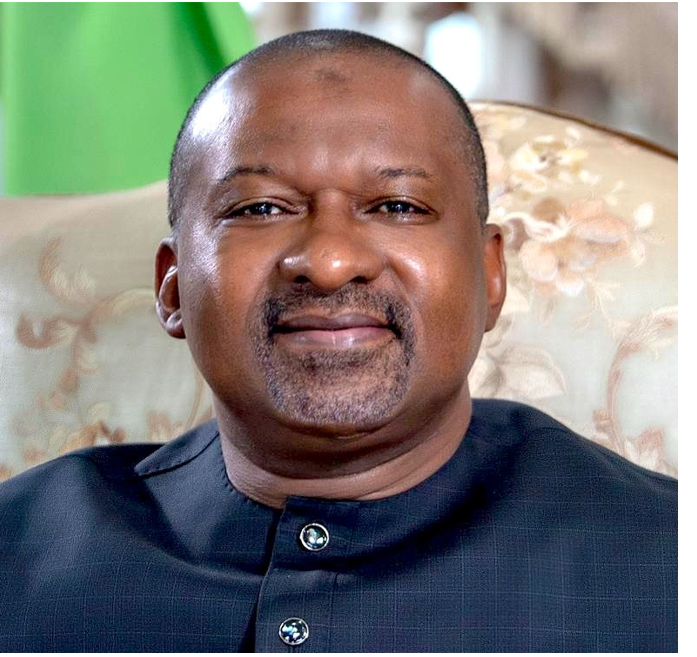
“His hard work and competence have earned him respect globally,” the source continued. “This experience will be invaluable as Sierra Leone navigates the challenges and opportunities of the years to come.”
However, the push for Dr. Jalloh is reportedly not unanimous within the SLPP, with a substantial segment of the party considering other potential successors to President Bio. This early internal competition signals a potentially complex and dynamic lead-up to the 2028 elections.
The SLPP’s internal dynamics will undoubtedly be closely watched in the coming years as various factions vie for influence and position their candidates for the future leadership of the party and the nation. The outcome of this internal contest will have a significant impact on the political landscape of Sierra Leone as it heads toward the pivotal 2028 elections.


